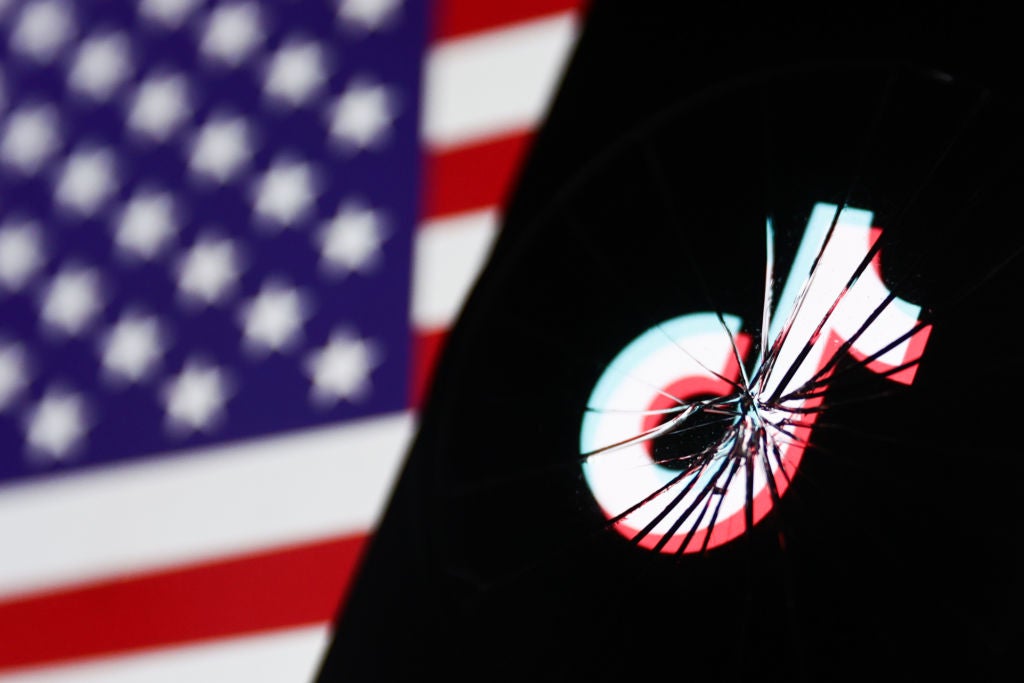Adtech is a blanket term that covers all software and services used to deliver and target digital advertisements. It is the backbone of the $438 billion internet advertising industry. However, adtech is under inspection by data privacy regulators for mishandling user data and is witnessing intense competition from tech giants.
Adtech is being overhauled
Adtech vendors are being forced by legislation such as the EU’s General Data Protection Regulation to adopt privacy-first approaches and ensure that user data is not shared among partners. In addition, Google’s plan to remove third-party cookies from Chrome by 2023 will significantly disrupt the adtech market, as it heavily relies on third-party cookies to identify and profile users.
Apple’s Safari and Mozilla’s Firefox web browsers have already stopped supporting third-party cookies, but adtech will especially feel the impact when Chrome, the largest browser by market share, abandons cookies. As a result, data collection methods are changing, with adtech vendors focusing on first-party data and adopting consent-driven personalization. Data management platforms that operate on third-party data will face an existential threat as the industry moves towards first-party data.
The search for a privacy-friendly cookie alternative is intensifying
Presently, there is no clear alternative to cookies. However, some key initiatives to prepare for a post-cookie era include Google’s alternate profiling system, dubbed the Privacy Sandbox. The product initially used the Federated Learning of Cohorts (FLoC), a technology that clustered groups of people with similar interests. It involved analyzing users’ browsing habits on their devices rather than sending the data to Google’s servers. However, FLoC was controversial, as advertisers could identify a user with browser fingerprinting. In January 2022, Google replaced FLoC with Topics, which allocates users to categories based on interests. These topics are defined based on users’ last three weeks of browsing activity.
Google claims that topics are easier to understand than FLoC and would prevent users’ personally identifiable data from being accessed by advertisers.
The Trade Desk is also testing an identifier known as Unified ID 2.0. This open-source framework will allow advertisers to identify users across different platforms but prevents them from profiting from their personally identifiable data. Similar identifiers are being tested by other pure-play adtech firms like LiveRamp, ID5, and BritePool, as well as groups like the Interactive Advertising Bureau, Prebid, and Advertising ID Consortium.
How well do you really know your competitors?
Access the most comprehensive Company Profiles on the market, powered by GlobalData. Save hours of research. Gain competitive edge.

Thank you!
Your download email will arrive shortly
Not ready to buy yet? Download a free sample
We are confident about the unique quality of our Company Profiles. However, we want you to make the most beneficial decision for your business, so we offer a free sample that you can download by submitting the below form
By GlobalDataWalled gardens will become more powerful in the future
Adtech is primarily a face-off between tech giants and pure-play vendors. GlobalData estimates that tech giants are dominant—Alphabet, Meta, Alibaba, ByteDance, and Amazon accounted for a combined 87% of the revenue of the global internet advertising market in 2021—with their sophisticated walled gardens. A walled garden is a closed platform where all operations are controlled by one company. It contains the audience, technologies, and inventories but does not allow advertisers to export any data. This helps the operator to control everything that occurs on its platform and secure exclusive user data.
Despite limited granularity and customized solutions, high prices, and differences in admeasurement, walled gardens will attract advertisers thanks to their scalability and data-rich services. Meanwhile, smaller publishers will aim to create login alliances, such as the European netID Foundation in Germany. The netID solution seeks user consent for ad-related personal data, as mandated by the GDPR, and the consortium shares it among the partners. Such alliances challenge walled gardens and directly reach brands with comprehensive user data for ad campaigns. More such alliances will be formed globally over the next two years as small publishers scramble for first-party data and compete against influential peers for survival.







Related Company Profiles
Apple Inc
Alphabet Inc
The Trade Desk Inc